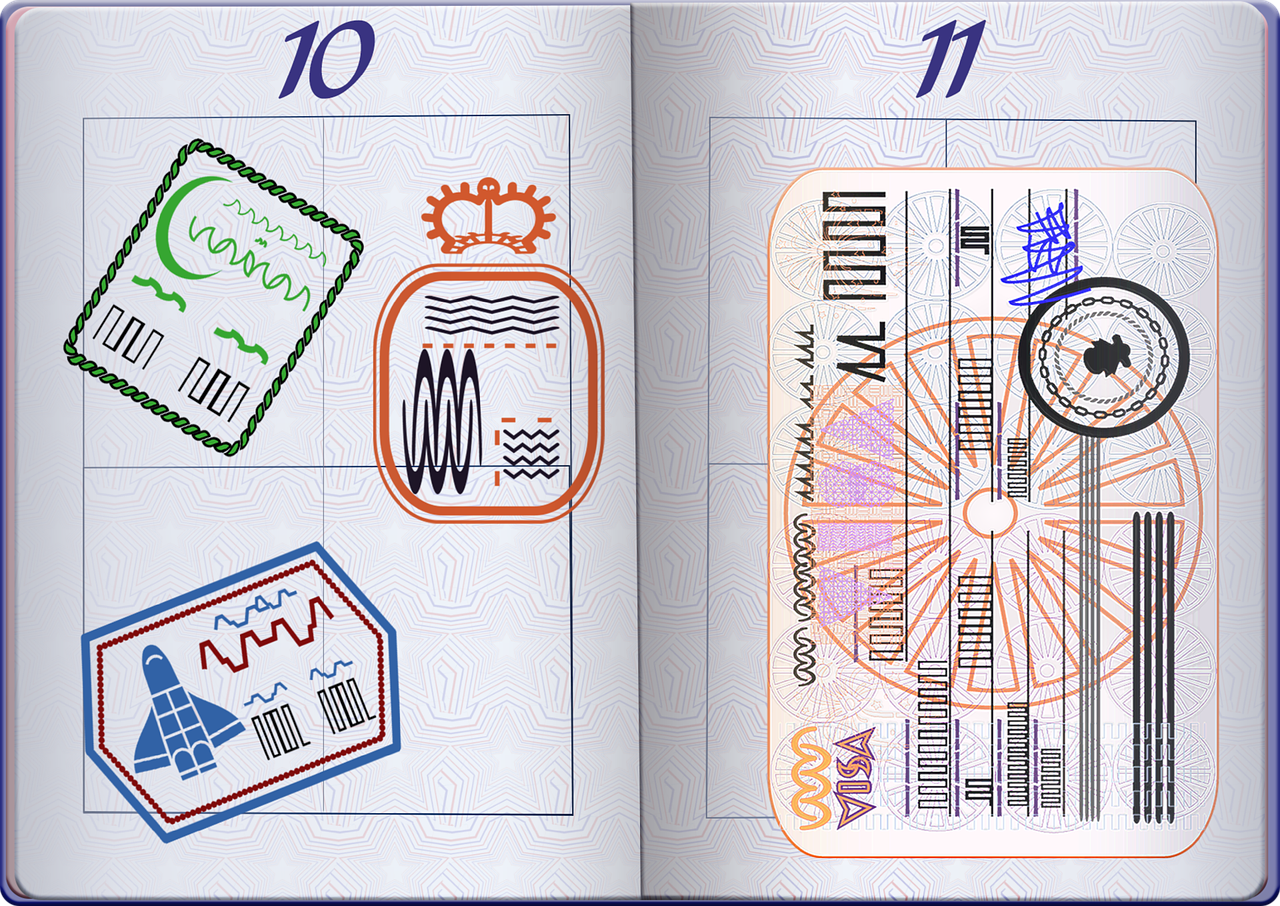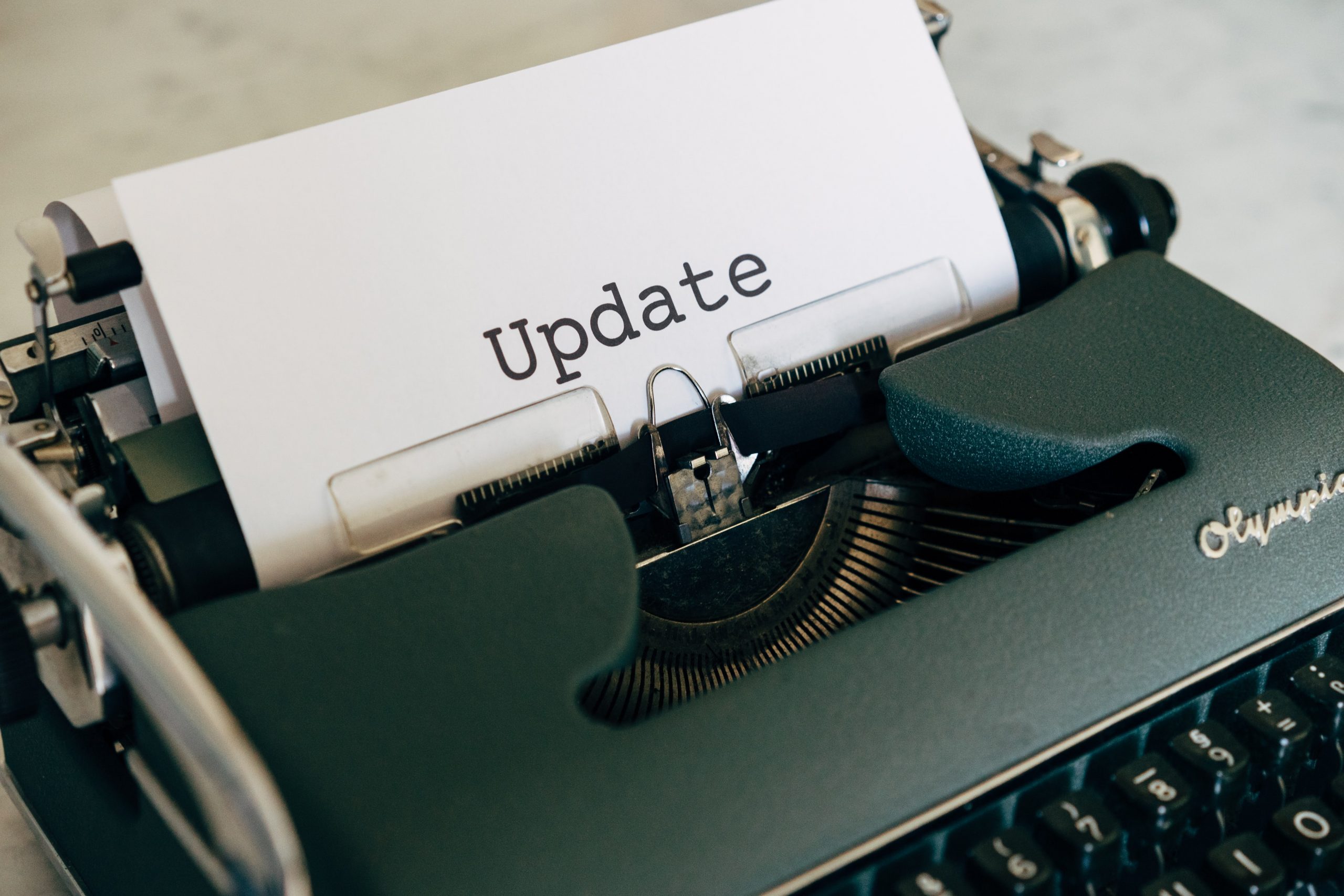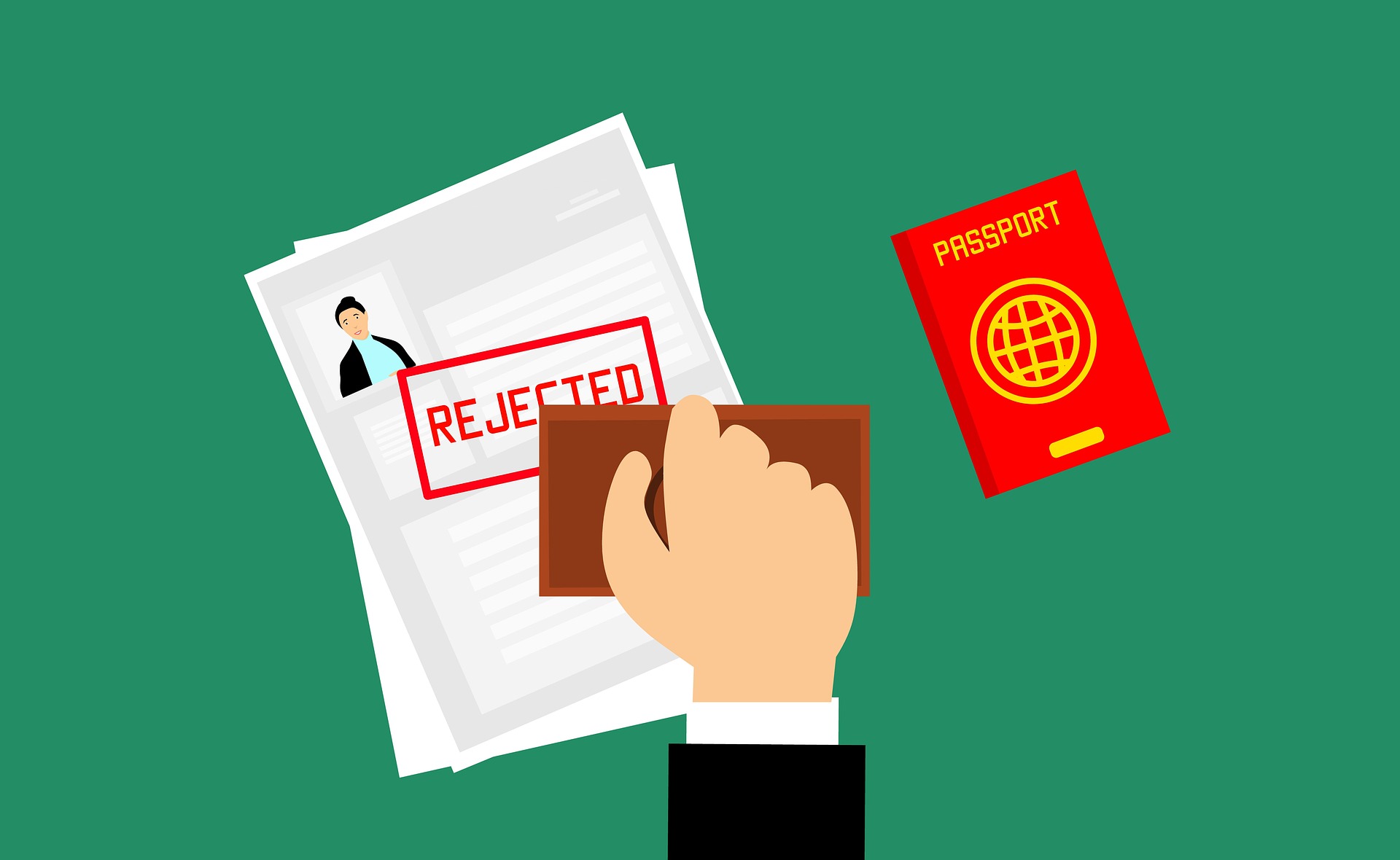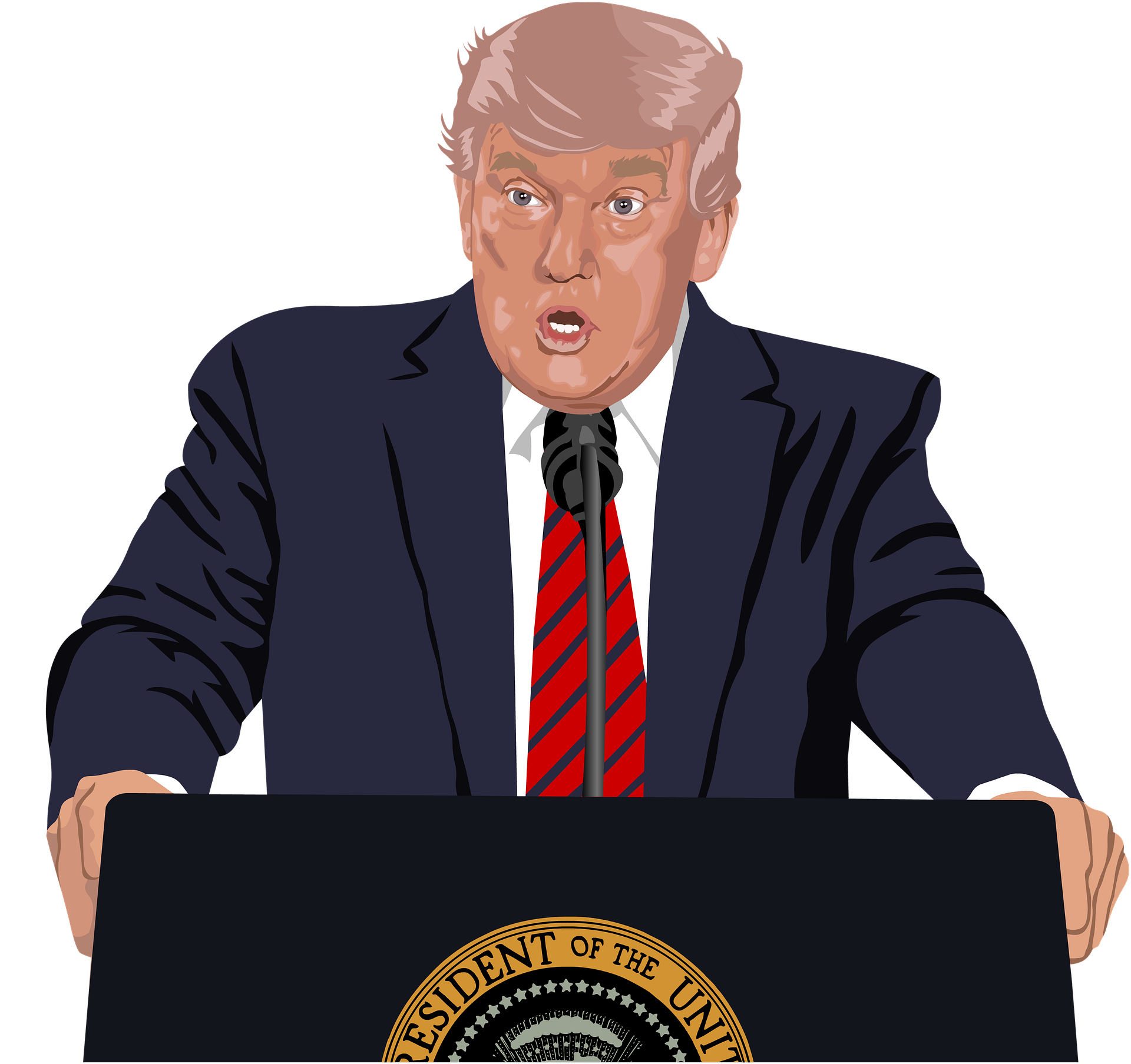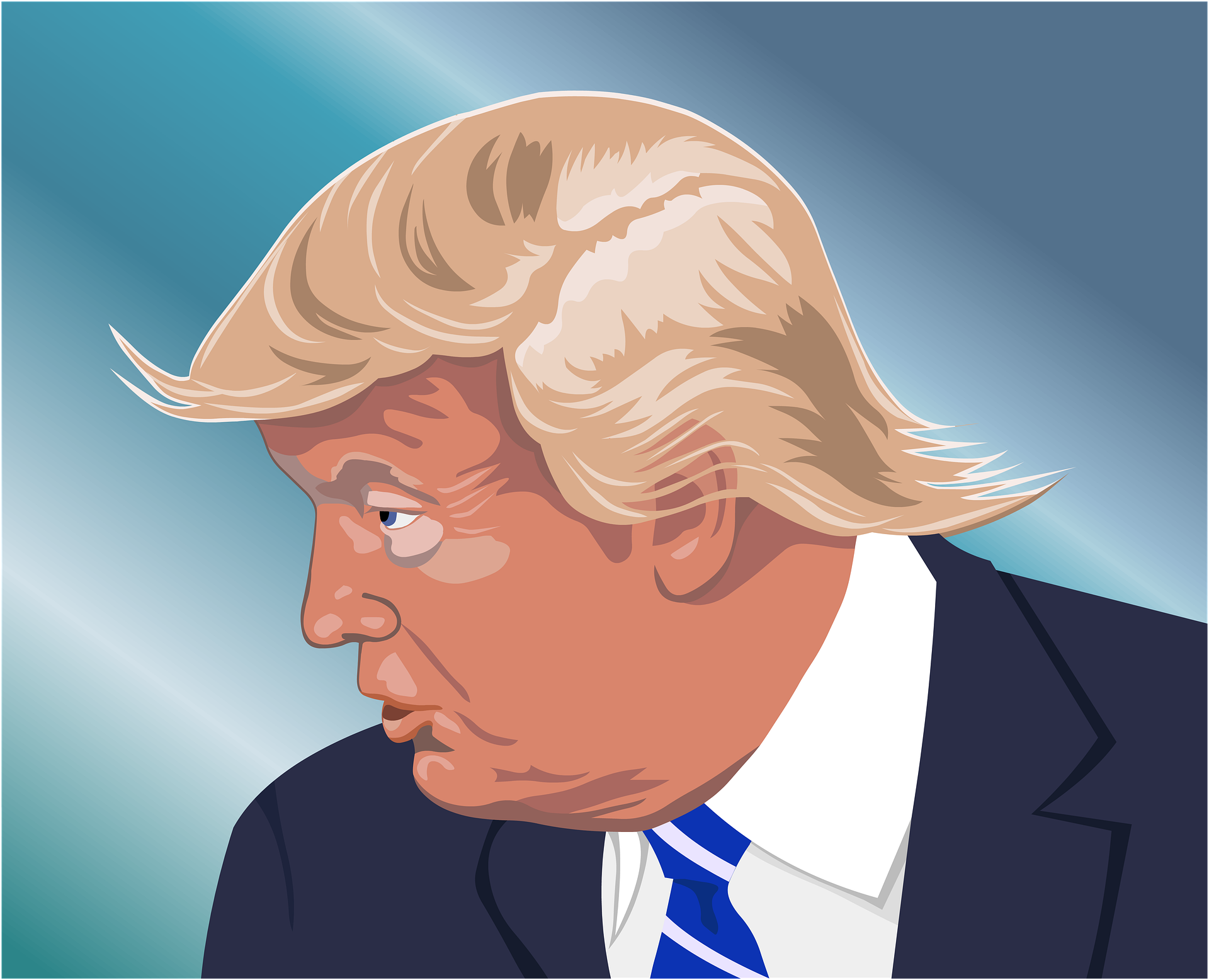We have great news for visa applicants regarding the public charge rule. On August 7, 2020, the U.S. Department of State issued an important update explaining that the agency will be complying with the July 29th injunction issued by a federal judge in the United States District Court for the Southern District of New York which temporarily blocks the government from “enforcing, applying, implementing, or treating as effective,” the public charge rule known as “Inadmissibility on Public Charge Grounds,” which was implemented on February 20, 2020.
As a result, effective June 29th (the date of the Judge’s order) neither Consular officials nor the United States Citizenship and Immigration Services (USCIS) can enforce any part of the public charge rule for any period during which there is a declared national health emergency in response to the COVID-19 outbreak, and for as long as the injunction remains in place.
In other words, visa applicants applying for both immigrant and non-immigrant visas at a U.S. Consulate or Embassy abroad, can rest assured that Consular officials will not enforce the public charge rule known as “Inadmissibility on Public Charge Grounds,” in any way pursuant to the Court’s ruling on June 29th.
In their statement the Department of State made clear, “the Department is complying with the court’s order and is in the process of updating its guidance to consular officers on how to proceed under the preliminary injunction. In the interim, visa applications that appear to be ineligible under INA 212(a)(4) will be refused for administrative processing to allow for consultation with the Department, including legal review to ensure compliance with applicable court orders. Visa applicants are not requested to take any additional steps at this time and should attend their visa interviews as scheduled. Applicants are not required to complete, nor should they present the DS-5540, Public Charge Questionnaire.”
 Visa Lawyer Blog
Visa Lawyer Blog





